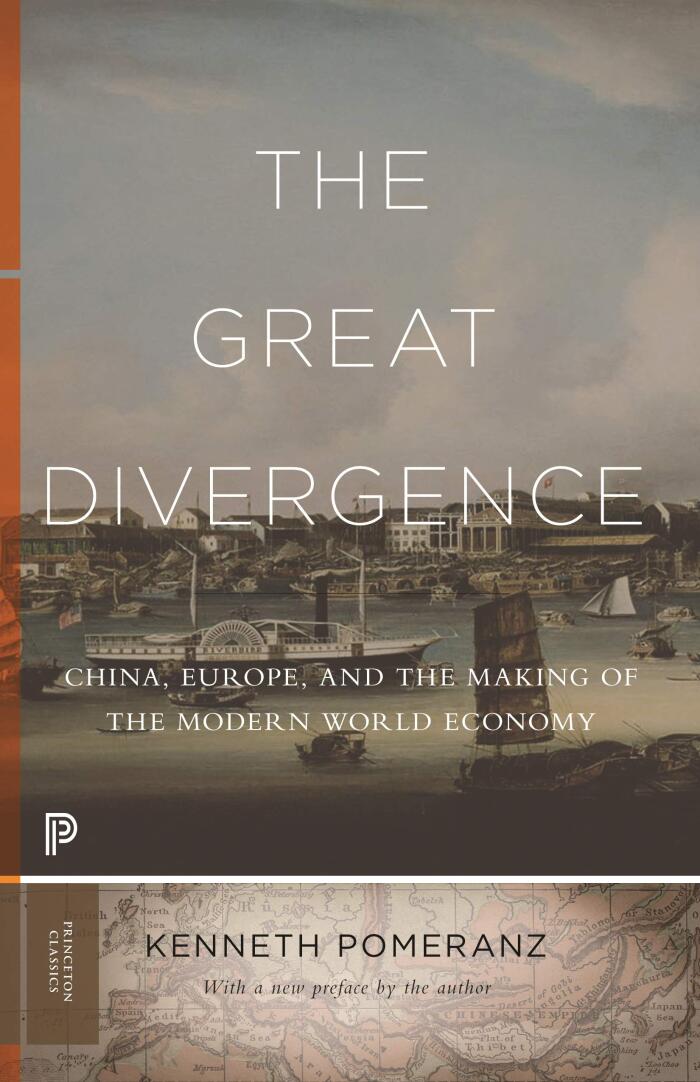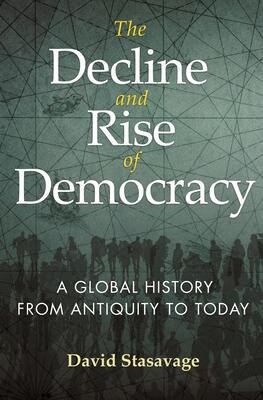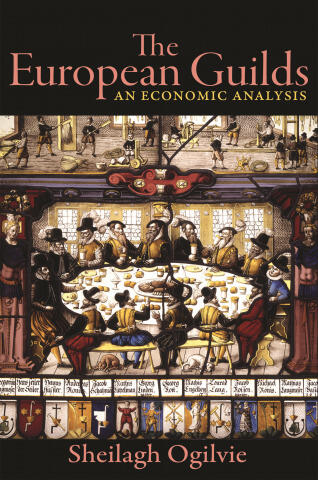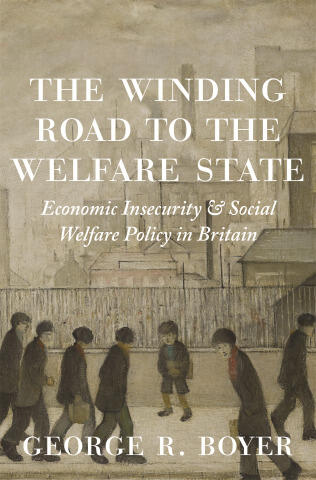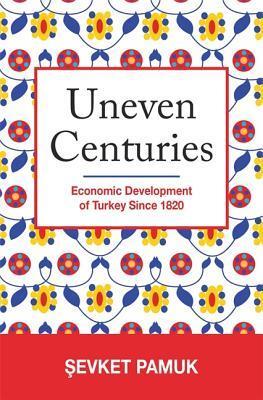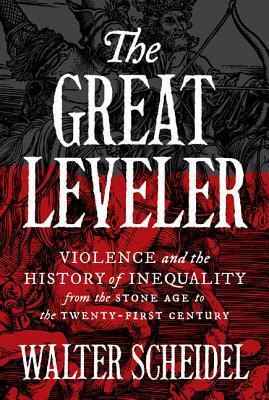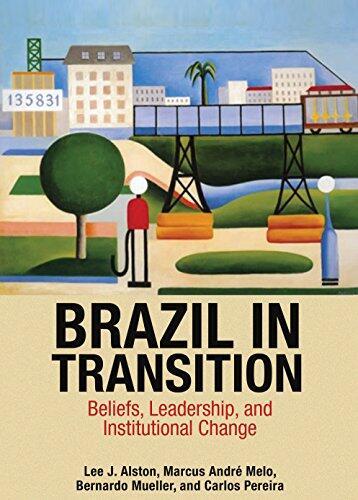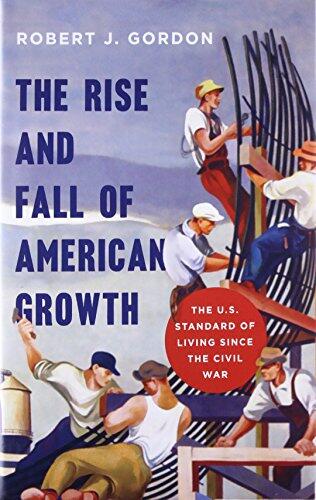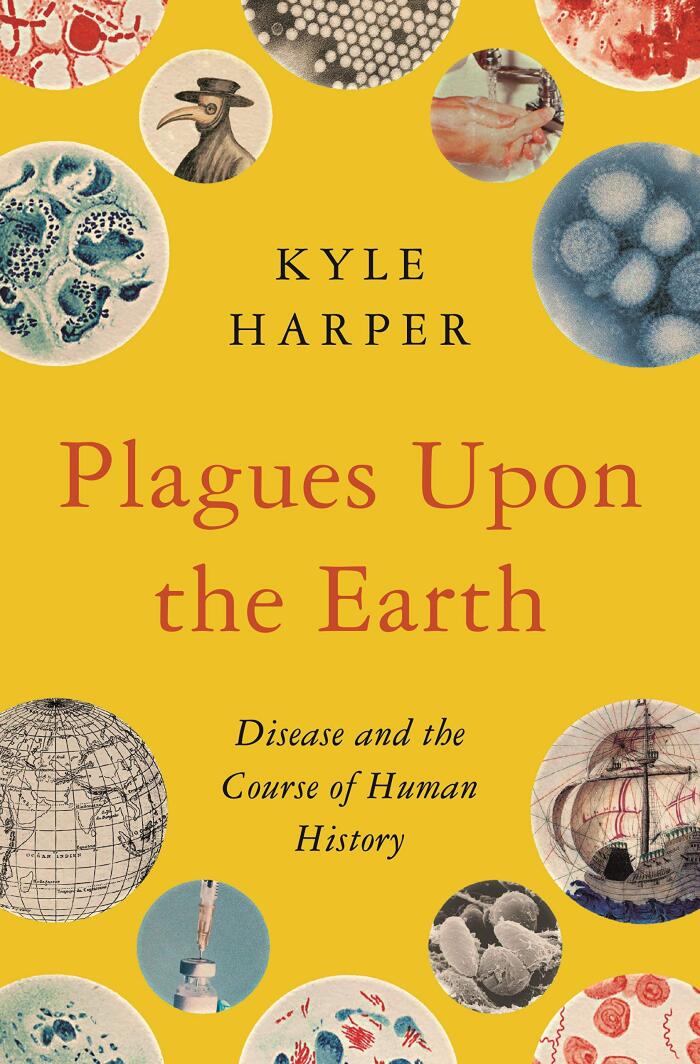
Plagues upon the Earth: Disease and the Course of Human History
还没有评分
History
Health & Wellness
格式
Kindle
页数
688
语言
英语
已发布
Oct 12, 2021
出版商
Princeton University Press
描述
Disease has been a constant companion in the saga of human history, intricately weaving its influence through societal evolution and cultural development. The narrative unfolds with a compelling exploration of how pathogenic microbes have shaped civilizations, pushing the boundaries of survival and adaptation. As Kyle Harper delves into this profound relationship, readers are invited to consider how diseases have not only affected health but have also propelled significant shifts in power dynamics and social structures.
The examination of this intricate interplay between humans and pathogens reveals the often-overlooked impact of illnesses on major historical events. From the plagues that decimated populations to the shifts in agricultural practices prompted by health crises, the story chronicles epidemics as powerful forces of change. Harper’s insight emphasizes that these microbes are not mere historical footnotes, but pivotal players that have influenced the trajectory of humanity.
Unlike traditional historical narratives that may focus solely on political or military achievements, this work draws attention to the quieter, yet equally impactful, role of disease. It evokes a sense of urgency to reflect on contemporary health challenges and their potential echoes in society’s future.
As the pages turn, readers will find themselves contemplating the resilience of the human spirit amidst adversity and the ongoing battle against unseen foes. The profound connection between plagues and human history unfolds into a rich tapestry of insight that encourages a deeper understanding of how diseases have shaped modern civilization.
The examination of this intricate interplay between humans and pathogens reveals the often-overlooked impact of illnesses on major historical events. From the plagues that decimated populations to the shifts in agricultural practices prompted by health crises, the story chronicles epidemics as powerful forces of change. Harper’s insight emphasizes that these microbes are not mere historical footnotes, but pivotal players that have influenced the trajectory of humanity.
Unlike traditional historical narratives that may focus solely on political or military achievements, this work draws attention to the quieter, yet equally impactful, role of disease. It evokes a sense of urgency to reflect on contemporary health challenges and their potential echoes in society’s future.
As the pages turn, readers will find themselves contemplating the resilience of the human spirit amidst adversity and the ongoing battle against unseen foes. The profound connection between plagues and human history unfolds into a rich tapestry of insight that encourages a deeper understanding of how diseases have shaped modern civilization.






